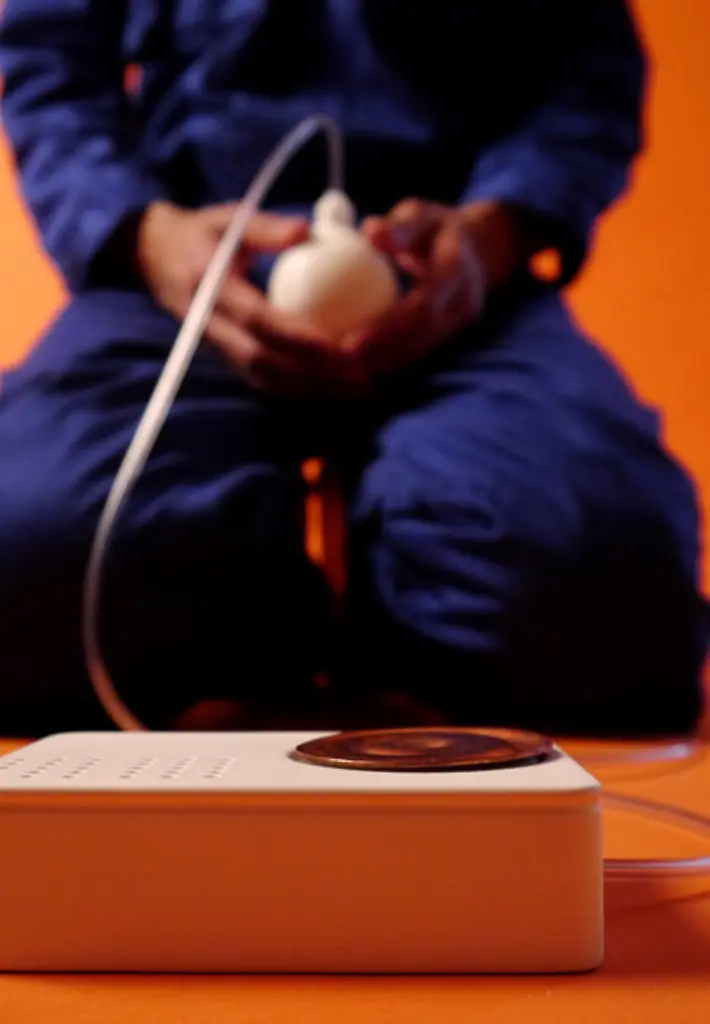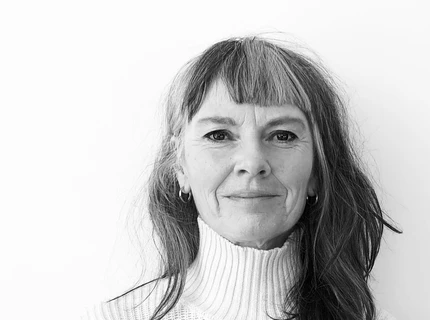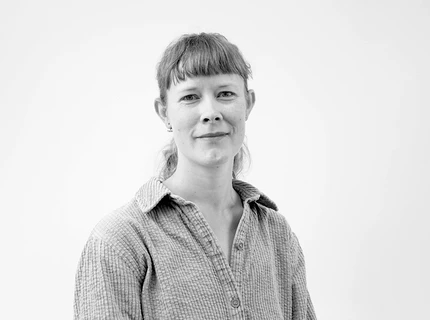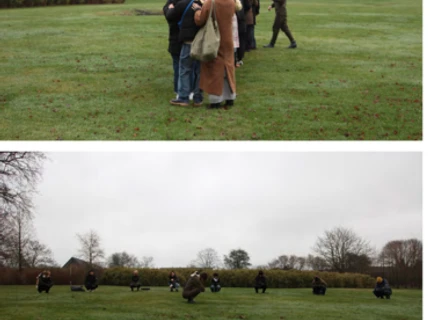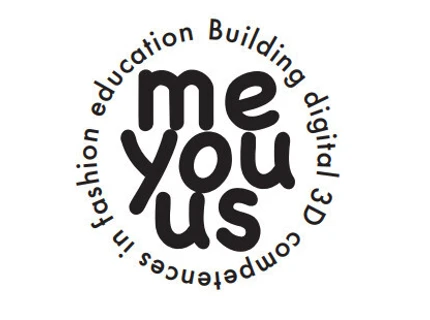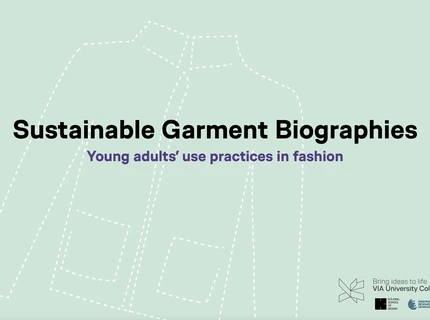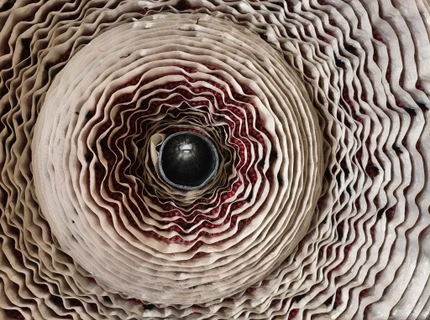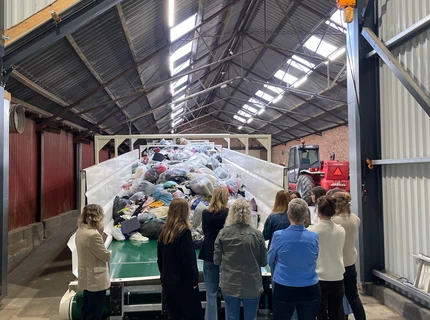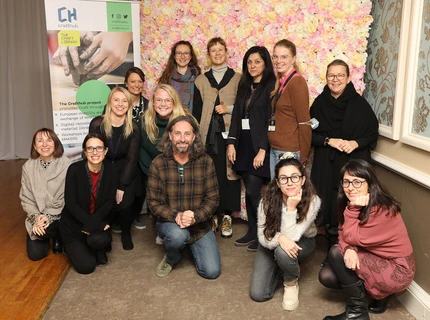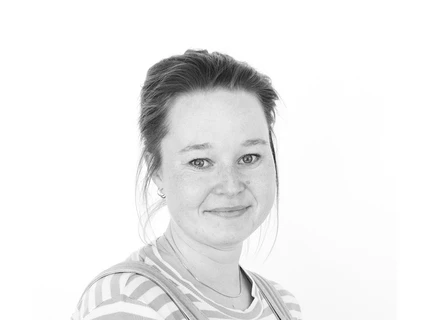LAB for Sustainability and Design
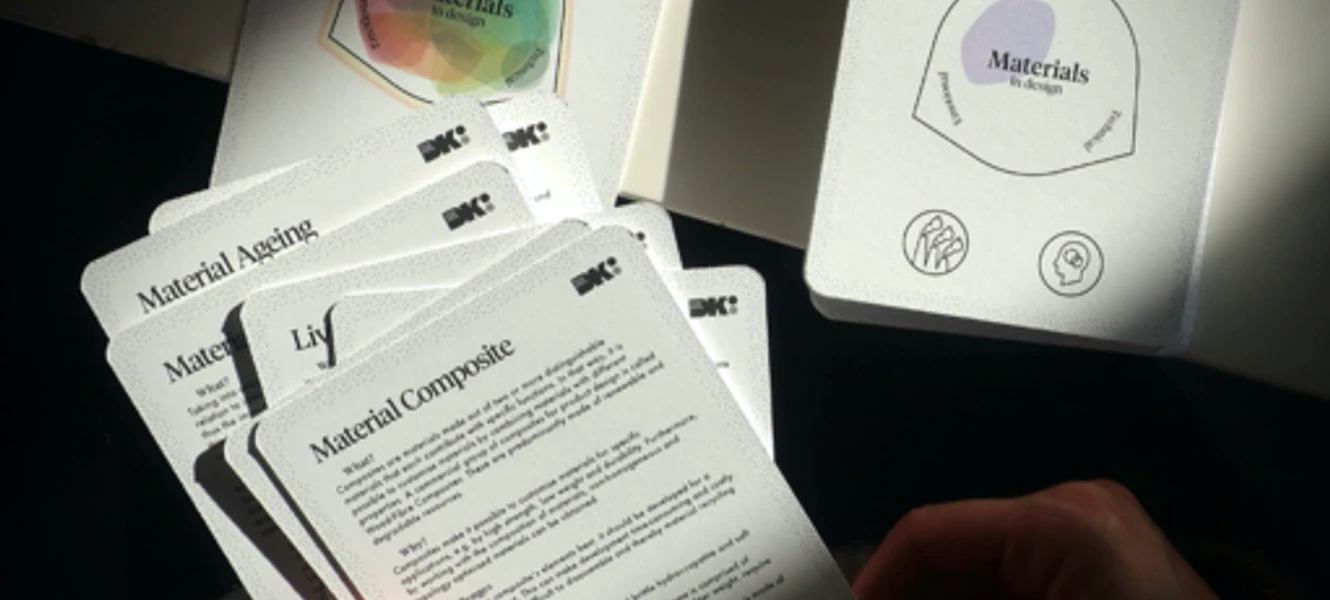
Ambition and method
Our approach is practice-oriented, involving a concrete exploration of times, places, methods, and causes of sustainable transitions, or the lack thereof. We actively engage in designing, implementing, and evaluating initiatives that either strengthen existing sustainable processes or promote new ways of achieving sustainability.
Our research areas describe the interconnected forms of life that we seek to understand in our efforts to promote robust and enduring sustainable transformations through design. This often occurs in collaboration with businesses, organizations, and other institutions.
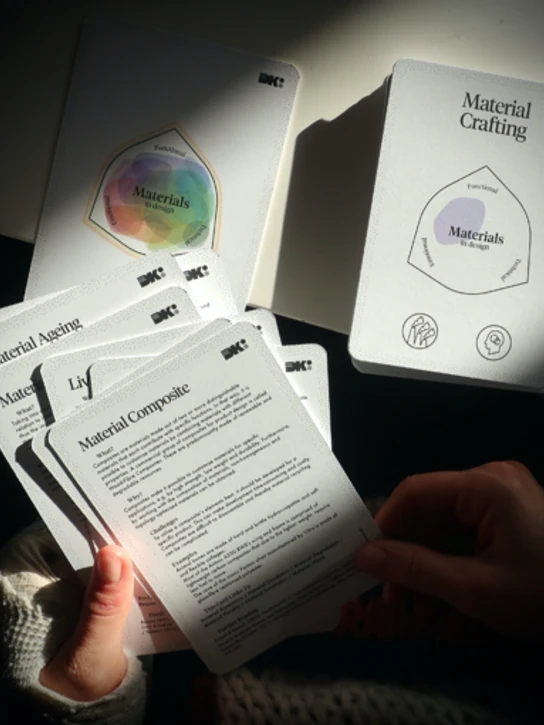
Contact
Management team LAB for Sustainability and Design
Designer Life
Designers play a crucial role in driving green transitions, employing both traditional and innovative methods. Future sustainability designers must master diverse roles such as creator, facilitator, and educator across sectors. Education needs to adapt to equip designers with the necessary skills. We must explore approaches to transform design education and adjacent disciplines towards sustainability.
Everyday Life
Exploring the intersection of design and everyday life, we delve into sustainable innovations and their integration into daily practices. We investigate how climate and environmental issues permeate everyday life, considering their impact alongside other daily concerns. Additionally, we explore the role of technology in fostering sustainable innovations and how design can contribute to the development of such technologies.
Organisational Life
In our exploration, we aim to bridge production and consumption to foster sustainable organisational practices. We delve into the collaborative tools and analytical insights necessary for organisations and consumers alike to engage in forming closed resource loops. While closer connections between production and consumption can facilitate sustainable transitions, we also acknowledge the potential reinforcement of 'surveillance capitalism' inherent in these ties.
Material Life
We explore how materials and processes contribute to sustainable transitions. We investigate the collaboration between designers and non-human entities to promote sustainability. Furthermore, we examine the potential of emerging materials for innovative design and assess the impact of new materialities and technologies on daily life and organizational practices.
LAB for Sustainability and Design
LAB for Social Design
